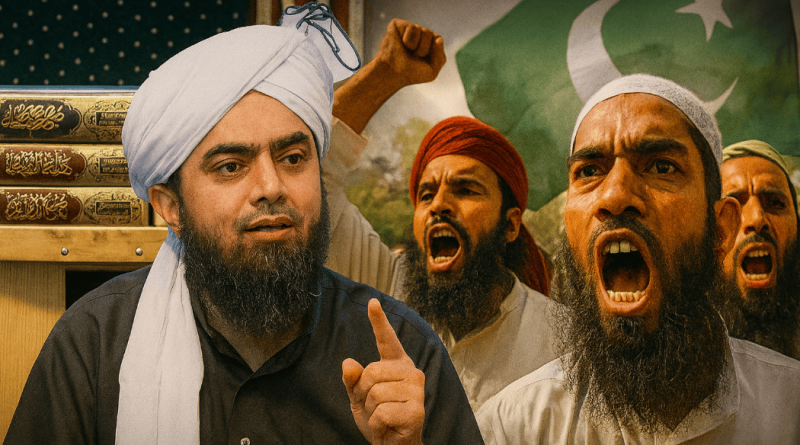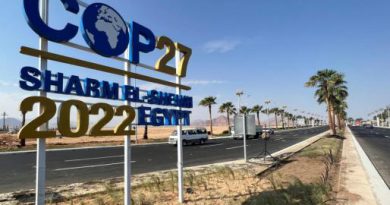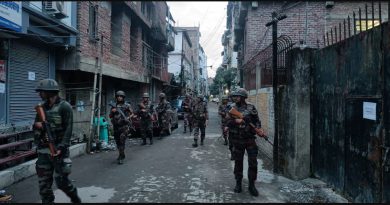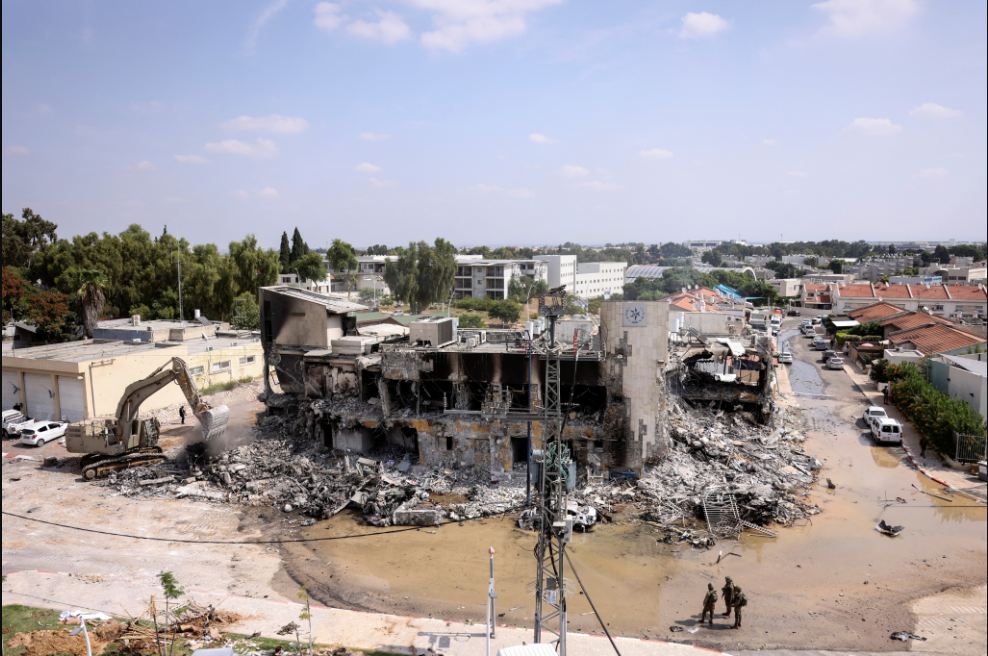Engineer Mirza’s Arrest: A Reformist’s Clash with Pakistan’s Mullah Mafia
What any society needs, and what Pakistan so urgently lacks, is an open environment where questions can be asked, where ideas can be challenged
A man of lean build, unhurried in his gait, his long hair flowing beneath the turban that he never parts with, and clad in a simple kurta pajama, Engineer Mohammed Ali Mirza has become one of the most recognisable religious figures in the South Asian Muslim imagination.
His speech is bland and direct, yet his tongue is sharp and restless, forever tethered to a verse of the Qur’an or a reference from Hadith. He is not a man of rhetorical excess; rather, his words derive their force from citation, from a painstaking return to texts that most of his critics would hesitate to touch.
His unconventional style, bordering on the audacious, has earned him both reverence and relentless vilification. For many among the youth of the Subcontinent and beyond, he represents a breath of fresh air and a decisive break from the sectarian Muslim approach of religion in the region, in a suffocating atmosphere of clerical monopoly. For the traditional clergy of every sect, he is nothing short of a threat.
His arrest sent tremors across the Subcontinent on that fateful night. Within hours it was splashed across television screens and mobile feeds, debated in drawing rooms and tea shops, dissected by anchors and discussed by clerics.
The clergy, who seldom agree on anything, found themselves celebrating this arrest in a rare show of unity amongst subcontinental Muslims.
Mufti Hanif Qureshi, infamous for his role in inspiring Mumtaz Qadri to assassinate Governor Salman Taseer, could barely contain his joy. In a recorded message he wailed about how long it had taken to bring him to justice for hurting religious sentiments, and he gloated as if a divine order had finally been fulfilled.
Yet such pronouncements must be weighed against Qureshi’s own record, one littered with fatwas of exclusion, branding Muslims as kafir, and hurling entire sects outside the pale of Islam as if it were as simple as breathing. His words, then, tell us less about the man arrested and more about a long-standing culture of clerical monopoly that has now found in him a grave threat.
What sets him apart is not only his willingness to take on the religious establishment but the method by which he does so.
His strategy is simple but devastating: he exposes contradictions in clerical positions by holding them up against their own sources. If a cleric challenges him, he points back to the texts themselves and insists that the real debate must be with the Qur’an and the Hadith, not with him.
This insistence has disarmed many of his detractors and frustrated others, for it robs them of the usual tactics of authority. His critics brand him dangerous; some even accuse him of being spokesperson of the Ahmadis, who have been officially declared non-Muslim by the Pakistani state.
These charges are hurled so that clerics don’t have to answer uncomfortable questions. But whether one agrees with his readings or not, the question remains whether challenging sectarian dogma and returning to foundational texts can ever be criminal in a society that professes faith in Islam.
The reactions to his arrest illuminate the deeper anxieties of Pakistan’s religious order. His popularity among youth, especially those disillusioned with sectarian divisions, suggests that his voice resonates far beyond clerical echo chambers.
Young Muslims across South Asia and in Urdu-speaking diasporas find in him an uncompromising Critic of the clerical order.
All his life, he spoke against the culture of mob lynching, against the brutal witch-hunting of those accused of blasphemy, against the spectacle of men and women being dragged to death in the name of religion without trial or evidence.
His voice stood in solidarity with those who had been silenced by mobs and abandoned by institutions. And yet, in a strange and tragic contrast, he now finds himself in the very position of those victims he once defended, hounded by the same forces of intolerance that he warned against.
One may disagree with his interpretations, one may even find his style abrasive, but his arrest is not a victory for the clerical order. It is a sign of insecurity, a confession that the establishment has no answer but silencing.
Agreement or disagreement with a person’s religious views cannot be delivered through mobs on the street or by throwing someone into jail. Faith cannot be protected by violence, nor can truth be reached through silencing.
What any society needs, and what Pakistan so urgently lacks, is an open environment where questions can be asked, where ideas can be challenged, and where arguments can be measured against reason and evidence.
Debate and discussion are the only path by which humanity moves closer to truth, and without them, we descend only into fear and conformity.
If his arguments are flawed, let them be defeated in the realm of ideas. If his interpretations are flawed, let them be countered by the ‘right ones’. If there is no courage to engage with ideas, and only fear of mob and violence are presented as counter to ideas, they must read history that ideas do not bow to mobs. They outlast them, and in the end, they win.



